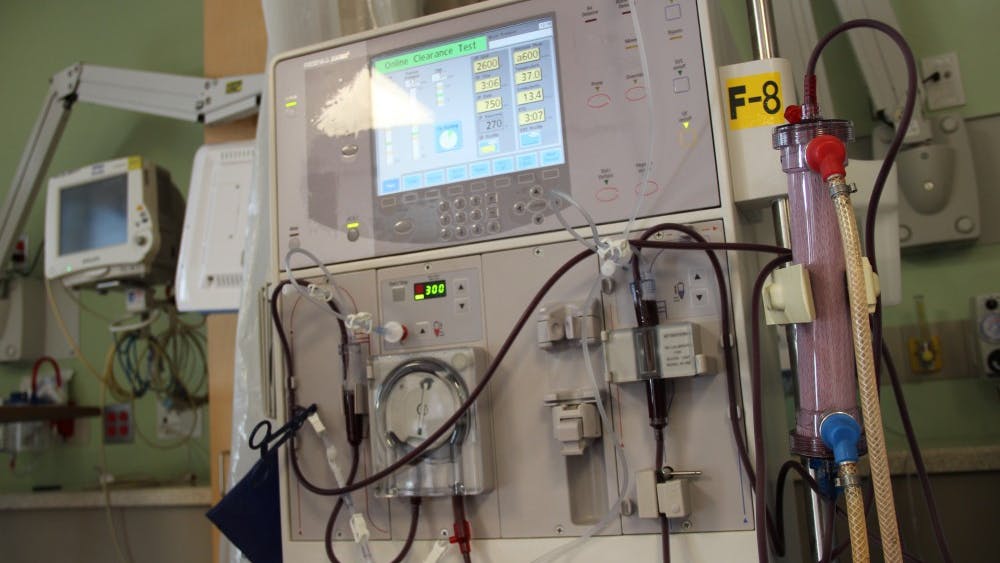Social Science Spotlight: Professor Veena Das
By TRISHA PARAYIL | September 5, 2019It is difficult to neatly pigeonhole Veena Das’ research endeavors. A Kreiger-Eisenhower Professor of Anthropology, Das is a scholar of Indian anthropology, the anthropology of violence and social suffering and ways of producing knowledge.





























